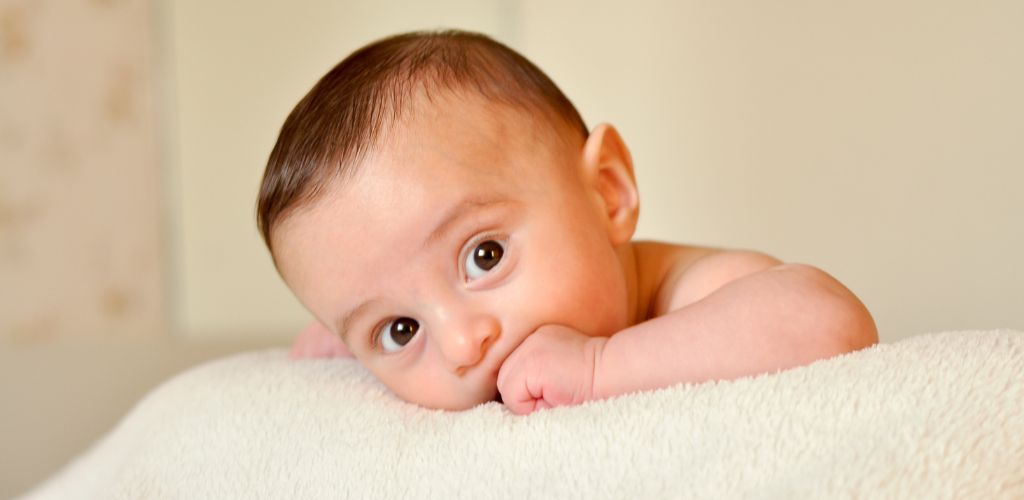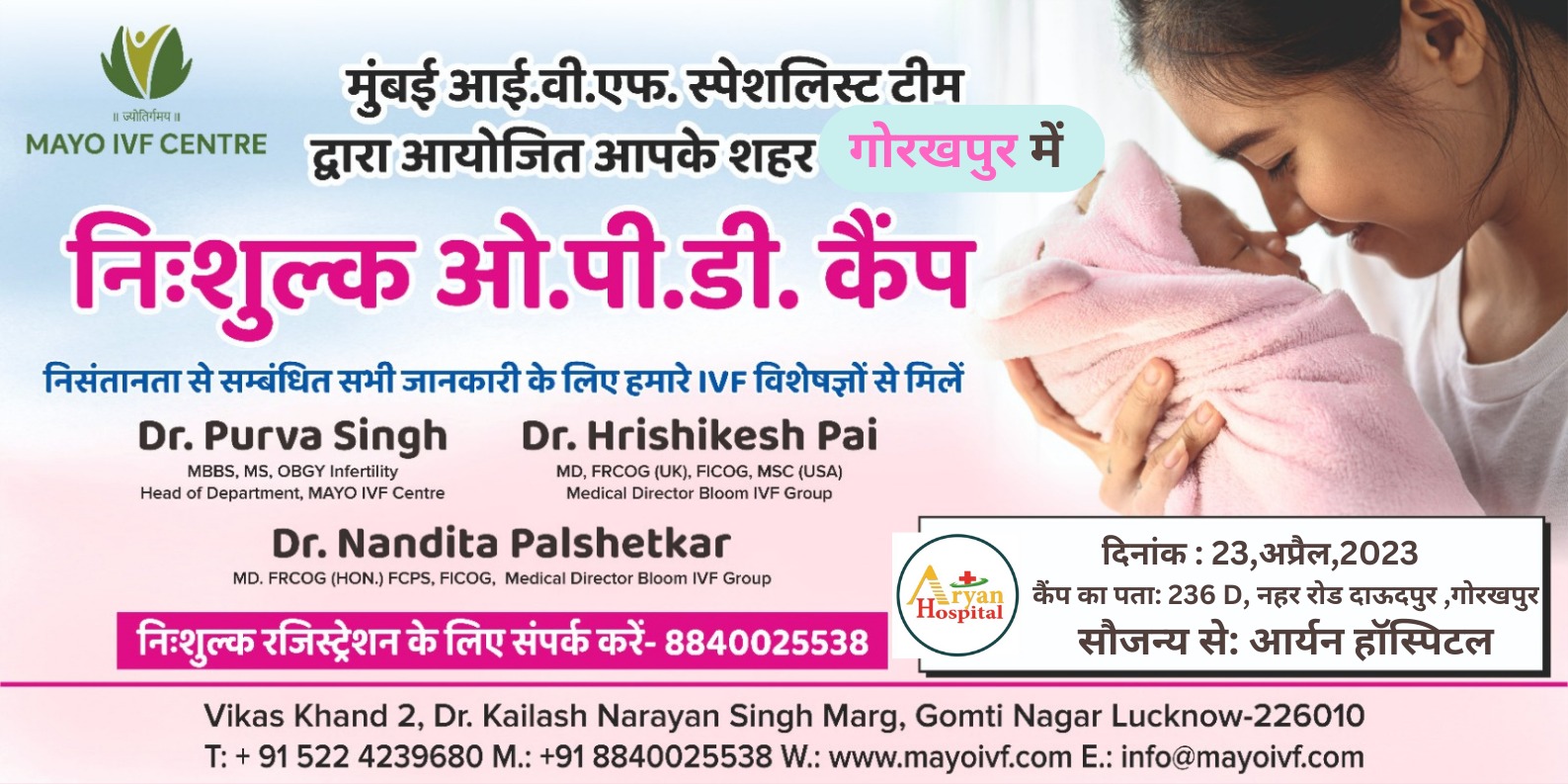
What is drooling?
When your little one’s saliva comes out of their mouth while napping or breastfeeding. Drooling is very common in babies between the age group of 2 months to 15 months old. It is believed that drooling starts when teeth start to appear in the baby’s mouth. There is nothing to worry about drooling as it is just a part of development in babies. Drooling happens because an infant is not in control of his functions.
How to know your baby is excessively drooling?
It is completely normal for your baby to drool. It is a natural process and a part of development in babies. It strengthens the muscles in the mouth of the babies. If your baby drools a lot even after the age of two years, you should consult a doctor. That is when your baby is excessively drooling.
What are the causes of excessive drooling in babies?
- Food: One of the basic reasons for drooling is food. The taste sensation of different food leads to produce saliva in salivary glands. Sour and spicy food helps to form more saliva. Fruits like oranges, grapes, and lime also cause more saliva.
- Teething process: Babies start to develop teeth when they are around 6 months old but the process begins a bit early. This is why babies start to drool around 3 months of age. The glands start to produce excessive saliva when the tooth pushes the gums to make their way.
- Mouth opening habit: If your baby has a habit of keeping his mouth open for a long time, he may not be able to control the excessive saliva. The blockage of nose and cold does also cause excessive drooling as he might not be able to swallow it.
- Focused for too long: When an infant concentrates or focuses on something for too long, their mind gets stimulated and produces excessive saliva. Due to their inability to swallow excessive saliva, it starts coming out resulting in excessive drooling.
- Neurological issues: Many neurological issues such as cerebral palsy, Bell’s palsy, or Wilson’s disease may cause excessive drooling. Bell’s palsy is a short term condition that has its effects on the parts of the face. Bell’s palsy and Wilson’s disease has its effect on muscles in the face that causes temporary paralysis of the face and dispositioning of lips that leads to excessive drooling.
Note: Botulinum toxin is a successful option to reduce excessive hypersalivation in children suffering from neurological disorders.
- After-effects of medication: Some medications may cause hypersalivation as their side effect because of the presence of heavy metal poisoning. Thus it leads to excessive drooling in babies.
What are the treatments for excessive drooling?
Drooling is normal in babies as it is part of their development. However, if your baby drools even after turning two years of age, it is not normal. That is excessive drooling and you should go for the treatment of your baby. Here are a few treatments for excessive drooling:
- Help your baby to practice closed lip posture.
- Do not give your baby acidic food or try to reduce the intake of acidic food from your infant’s diet.
- Help your child in the swallowing process so that his capacity to swallow increases.
- Try to teach your child about oral senses. Make him aware of the conditions when his mouth is too wet or too dry.
- You can also try oral motor therapy for your child. Oral motor therapy will help to strengthen his jaw, lips, and cheeks which will make him swallow the saliva in a proper manner.
Note: Children suffering from severe drooling issues who are five years of age or older should go for surgeries.
When should you consult a doctor?
You should consult a doctor when your baby still drools after the age of two. Talk to your pediatrician. The doctor may suggest therapy or medications. If therapy or medication does not work, you should immediately go for a higher level of treatment.
References:
- https://pubmed.ncbi.nlm.nih.gov/19165707/
- https://www.ncbi.nlm.nih.gov/pmc/articles/PMC2827743/#:~:text=Developmental%20causes%3A&text=Drooling%20occurs%20because%20of%20the,maturity%20of%20oral%20motor%20function
By -
Dr. Ruchika Singh
14-April-2023



